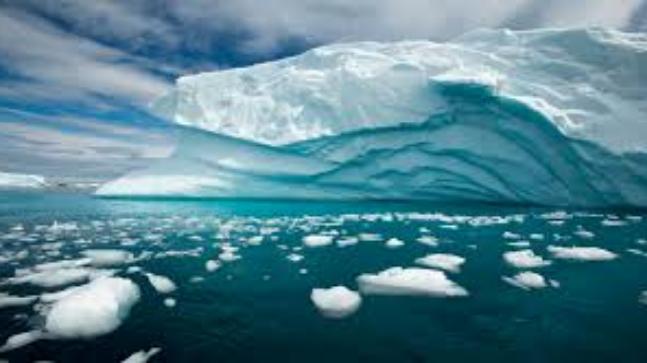Knowledge, Information and Experience
The first man-made plastic was created by Alexander Parkes who publicly demonstrated it at the 1862 Great International Exhibition in London. The material, called Parkesine, was an organic material derived from cellulose that once heated could be molded and retained its shape when cooled.
It’s difficult to imagine modern life without plastics.
Our homes (carpeting, foam insulation, vinyl siding, composite decking…)
Our appliances (televisions, coffee makers, alarm clocks, electric toothbrushes…)
Our sports (football pads, bicycle helmets, surfboards, skis…)
Our health (preemie incubators, bandages, hygienic medical packaging, syringes…)
Shall I go on…?
Since it’s clear that plastics have a valuable place in our lives, some scientists are attempting to make plastics safer and more sustainable. Some innovators are developing bioplastics, which are made from plant crops instead of fossil fuels, to create substances that are more environmentally friendly than conventional plastics.
In Mexico, they are using plastic in constructing wall as it become naturally waterproof and heat absorber.
Don’t you feel we are late in attending this issue? More than that while creating such a useful material, we didn’t think about completion of its cycle.
As with the plastic, When we don’t plan out our action to complete, we creating problems for ourselves only.
Let’s have a look in to a saga of Environmental pollution because of Plastic:
In the postwar years there was a shift in perceptions as plastics were no longer seen as unambiguously positive. Plastic debris in the oceans was first observed in the 1960s, a decade in which people became increasingly aware of environmental problems.
Plastic pollution is the accumulation of plastic products in the environment that adversely affects wildlife, wildlife habitat, or humans.
Plastic’s reputation fell further in the 1970s and 1980s as anxiety about waste increased. It was the plastics industry that offered recycling as a solution.
The chemical structure of most plastics renders them resistant to many natural processes of degradation and as a result they are slow to degrade. Together, these two factors have led to a high prominence of plastic pollution in the environment.
Some scientists and members of the public are concerned about evidence that these chemicals leach out of plastics and into our food, water, and bodies. In very high doses these chemicals can disrupt the endocrine (or hormonal) system.
Lastly, we cannot avoid the usage of plastic in our life but joining hands in the efforts of completing the cycle will definitely help the humanity.











